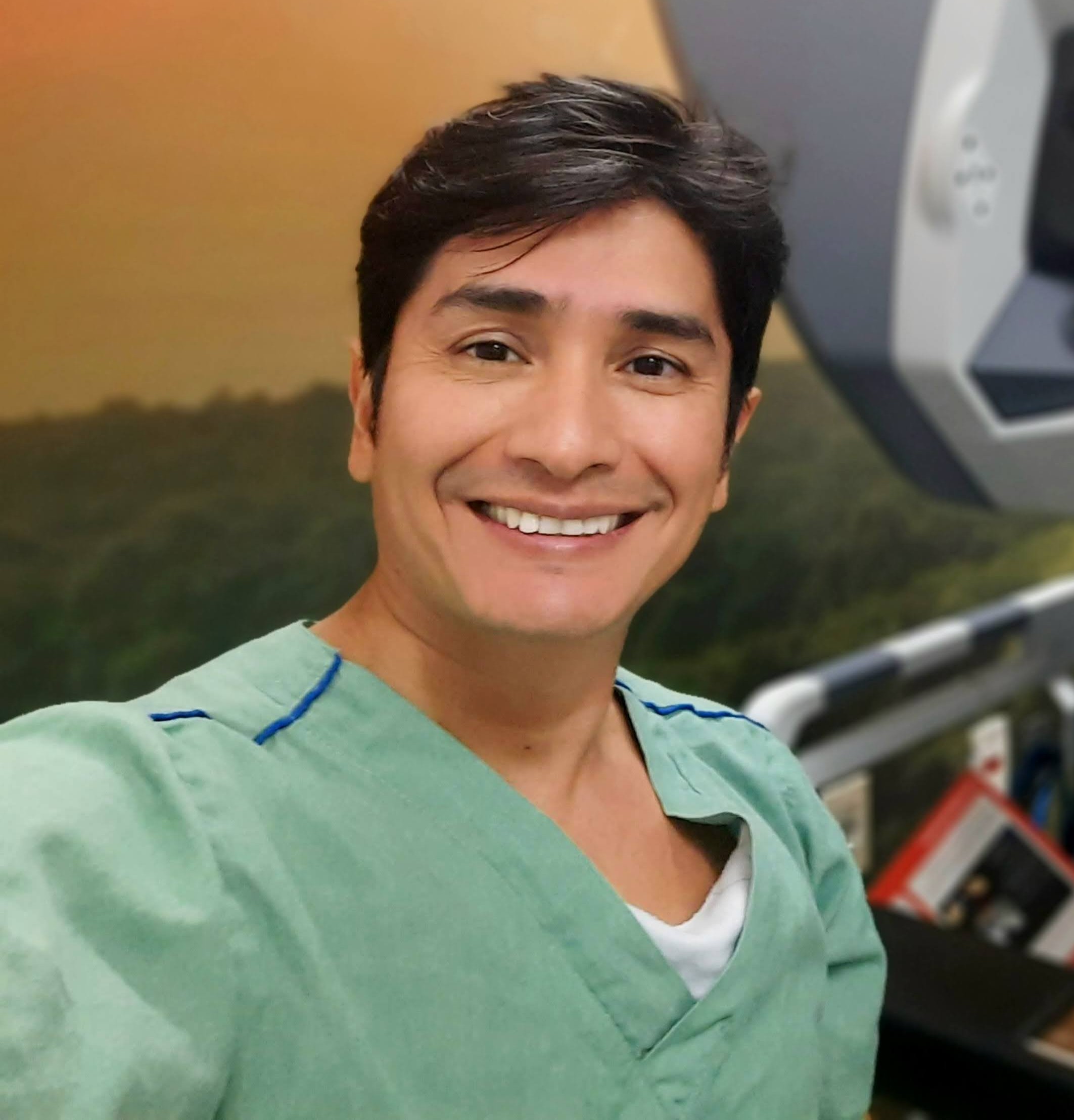
Dr. Ronald Enrique Delgado Bocanegra
Dr. Ronald Enrique Delgado Bocanegra,
Dr Ronald Delgado – Endometriosis Specialist
Summary: Dr Ronald Delgado is a dedicated endometriosis specialist based in Salvador, Brazil, known for his expertise in excision surgery and compassionate care. Rooted in the embryonic theory of endometriosis, Dr Ronald Delgado believes the condition is congenital, not caused by retrograde menstruation. This understanding shapes his focus on complete, fertility-preserving excision as a long-term solution. Dr Ronald Delgado prioritizes individualized care, using medication selectively to manage symptoms before or after surgery when necessary. For patients experiencing persistent pain, he takes a holistic and multidisciplinary approach, evaluating for residual disease and coexisting conditions like pelvic floor dysfunction or IBS. His patient-first philosophy ensures every woman receives thoughtful, evidence-based care tailored to her needs. With a reputation for meticulous surgical technique and compassionate follow-up, Dr. Ronald Delgado offers hope and healing to patients navigating the challenges of endometriosis.
City: Salvador, Bahia, Brazil
Philosophy of Endometriosis Care: My approach to the treatment of endometriosis is grounded primarily in the embryonic theory of origin, as proposed by Dr. David Redwine. According to this theory, endometriosis results from the aberrant differentiation of embryonic Müllerian remnants, which persist outside the uterine cavity and later develop into endometriotic lesions. This perspective shifts the focus away from retrograde menstruation and toward the concept that endometriosis is a congenital disease, present from birth and not caused by menstrual backflow. It explains cases in premenarchal girls, women with Müllerian anomalies, and the presence of endometriosis in distant locations that retrograde menstruation can’t account for. Clinically, this theory supports a surgical approach that emphasizes complete excision of all visible and suspected disease, rather than ablation or suppression. It also reinforces the idea that endometriosis is not a recurrent disease if completely removed — recurrence is often due to incomplete excision. Therefore, my goal is to perform meticulous, fertility-preserving excision surgery whenever possible, aiming for long-term relief and definitive treatment
What type of surgery do you perform for endometriosis: Excision
Medication: Grounded in the embryonic theory of endometriosis, I view the disease as congenital and not caused by retrograde menstruation. Therefore, my primary treatment is complete surgical excision, aiming for definitive management. Medications are used as supportive tools in two main contexts: before surgery, to manage symptoms temporarily when immediate surgery isn’t feasible. After surgery, in selected cases — like when there’s a residual microscopic disease or when fertility preservation is a priority. I typically use: Continuous combined oral contraceptives, Progestins (like dienogest) GnRH analogues with add-back therapy These options help control symptoms but don’t cure the disease. The focus remains on individualized, surgical-centered care.
Approach to Persistent Pain After Surgery: When patients experience persistent symptoms after surgery for endometriosis, my approach is comprehensive and individualized. First, I assess whether the symptoms are due to residual disease, coexisting conditions, or central sensitization. Persistent pain doesn’t always mean recurrence — it could be related to pelvic floor dysfunction, adenomyosis, irritable bowel syndrome, interstitial cystitis, or neuropathic pain. If I suspect residual or recurrent disease, I review the surgical report and imaging and may repeat diagnostic imaging with an expert. In some cases, reoperation may be necessary, especially if the initial surgery was incomplete. If other causes are identified, I work with a multidisciplinary team — including pelvic physiotherapists, pain specialists, gastroenterologists, and psychologists — to address the symptoms holistically. Medication (like progestins or neuromodulators) can also be used as part of symptom control, but not as the sole strategy. In essence, I treat persistent symptoms not with a one-size-fits-all approach, but through careful reassessment, patient education, and a multidisciplinary plan tailored to each woman’s needs.
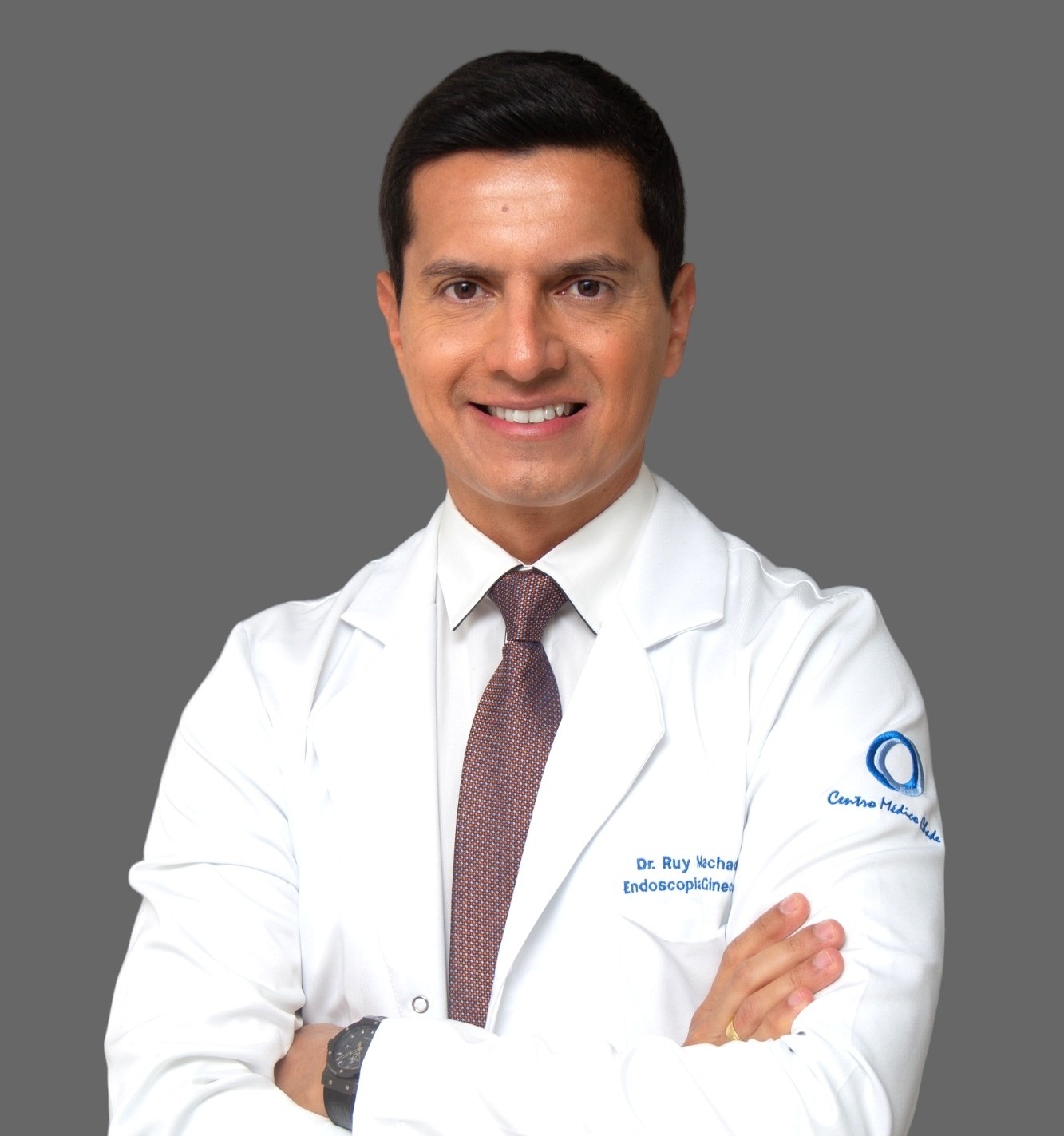
Dr. Ruy Machado Jr.
Dr. Ruy Machado Jr.
Dr. Ruy Machado Jr – Endometriosis Specialist
Summary: Dr. Ruy Machado Jr. is a dedicated endometriosis specialist based in São Paulo, Brazil, known for his expertise in excision surgery. Dr. Ruy Machado’s approach to care is rooted in the cellular metaplasia and autoimmune theories, offering patients a comprehensive understanding of their condition. He often uses medications like dienogest both before and after surgery to manage symptoms effectively. For more severe cases, such as grade 4 endometriosis, Dr. Machado incorporates goserelin acetate post-surgery for up to six months. With 17 years of experience in laparoscopy and robotic surgery, Dr. Ruy Machado prioritizes nerve-preserving excision techniques, resulting in minimal persistent pain after surgery. When symptoms do persist, they are typically managed with continuous dienogest, anti-inflammatory medications, or levonorgestrel IUDs. His patient-centered approach ensures individualized treatment and long-term relief for those living with endometriosis.
City: São Paulo, Brazil
Philosophy of Endometriosis Care: Believe mainly in the theory of cellular metaplasia and the autoimmune theory.
What type of surgery do you perform for endometriosis: Excision
Medication: I often use medications; I often use Dienogest and goserelin acetate. I use dienogest both before and after surgery to control symptoms. Gosserlin acetate is used exclusively after surgery in cases of grade 4 endometriosis for a period limited to 6 months.
Approach to Persistent Pain After Surgery: I have been treating endometriosis for laparoscopy for 17 years, and more recently, for robotic surgery. In recent years, we have had very few patients with persistent symptoms after the surgeries we practice using nerve-preserving disease excision techniques. The cases we had improved only with the use of continuous dienogest, anti-inflammatory drugs, or the use of a levonorgestrel IUD. Over these years, we re-operated on only 2 patients for persistent symptoms.
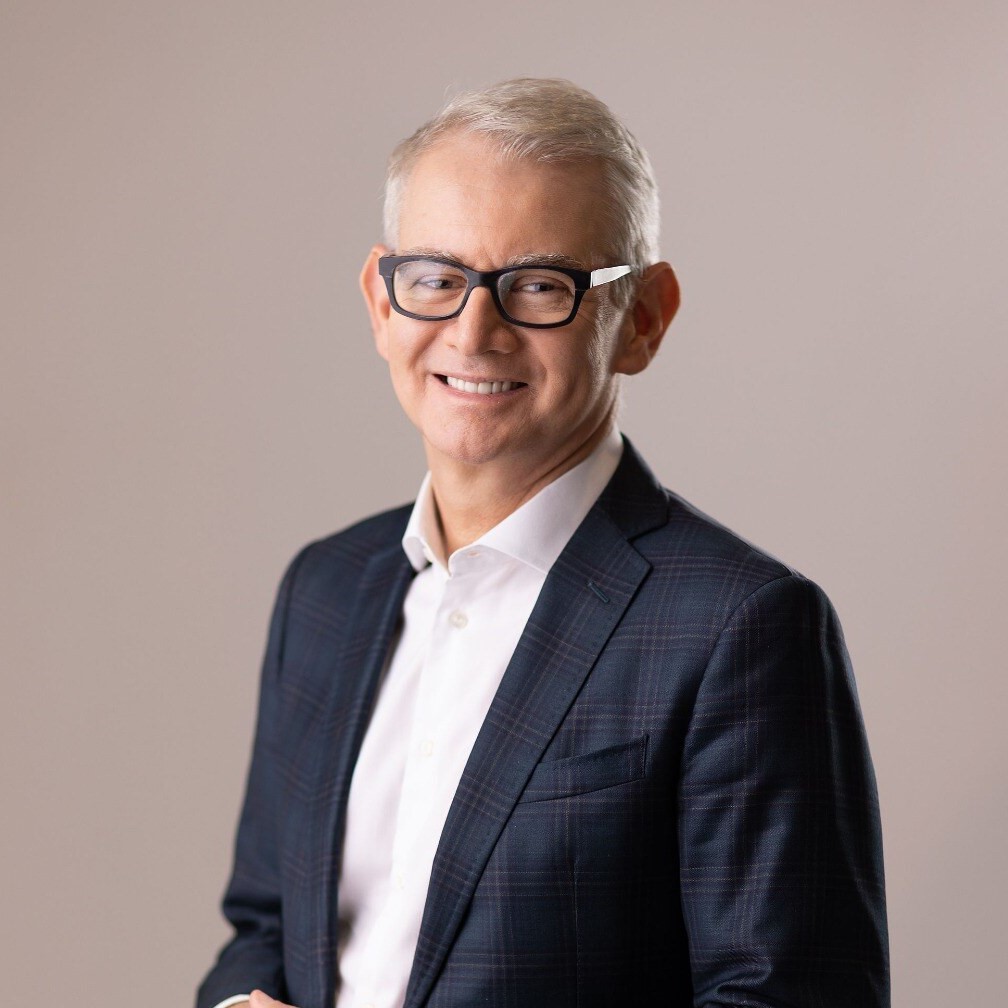
Dr. Mauricio Abrao
Dr. Mauricio Abrao
Dr Mauricio Abrao – Endometriosis Specialist
Summary: Dr Mauricio Abrao is a highly respected endometriosis specialist based in São Paulo, Brazil, known for his expertise in the immunological approach to care. Dr Mauricio Abrao focuses on understanding how immune system responses contribute to endometriosis, guiding both diagnosis and treatment with a patient-centered mindset. He performs expert excision surgery and offers individualized care plans that may include oral contraceptives or dienogest for patients managing pain without surgery. For those with adenomyosis seeking pregnancy, Dr Mauricio Abrao may recommend GnRHa post-surgery to optimize outcomes. When symptoms persist after surgery, he uses advanced ultrasound imaging to map disease recurrence and guide further treatment. Dr Abrao is committed to combining medical precision with empathy, ensuring each patient receives the care and attention they deserve. His approach helps patients feel seen, heard, and supported throughout their endometriosis journey.
City: São Paulo, Brazil
Philosophy of Endometriosis Care: Immunology
What type of surgery do you perform for endometriosis: Excision
Medication: Oral contraceptives/dienogest for patients with pain who don’t want surgery, and GnRHa 2m after surgery for patients with adenomyosis wanting to be pregnant
Approach to Persistent Pain After Surgery: US for mapping the disease
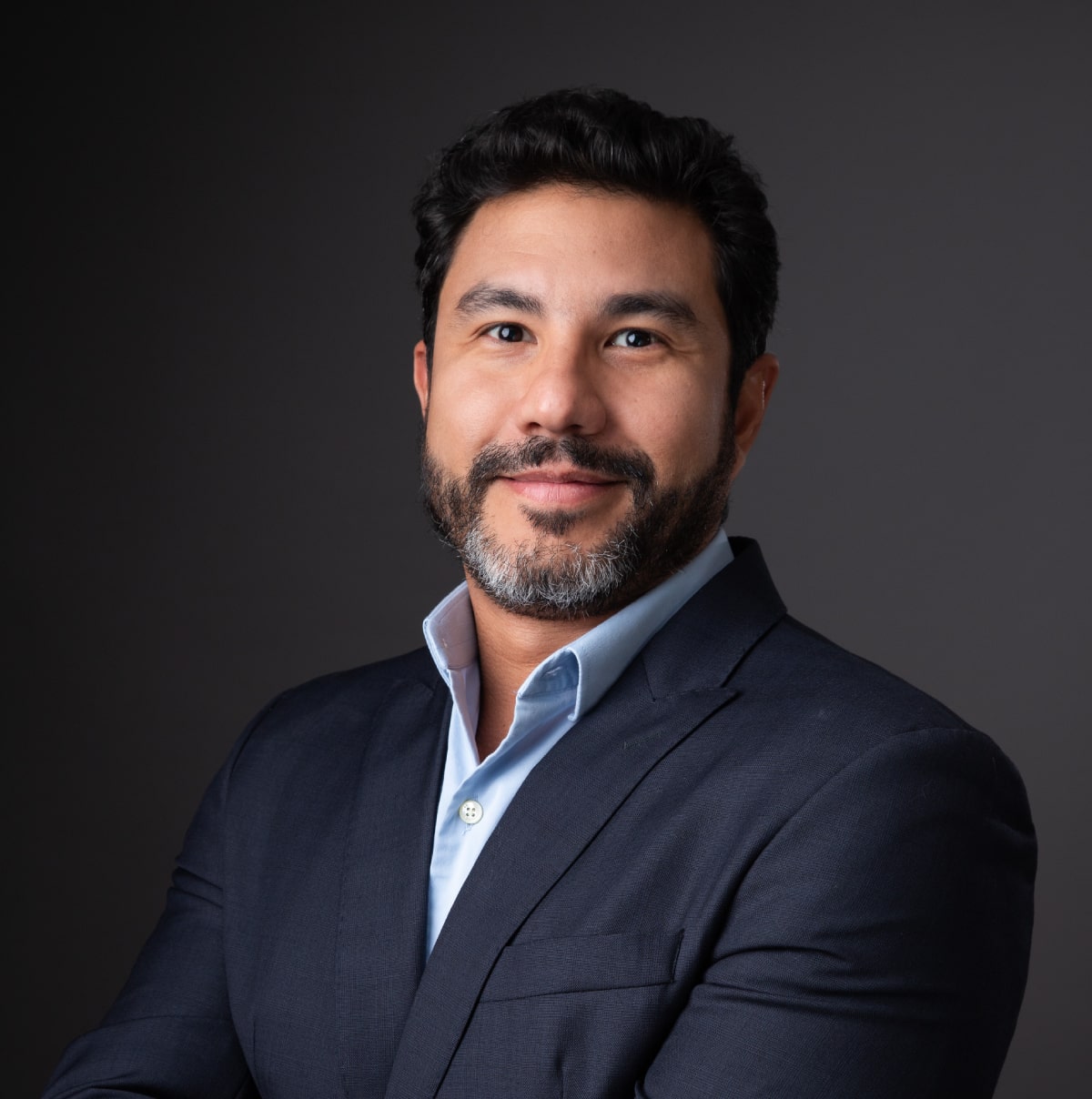
Dr. Daniel Santos
Dr. Daniel Santos
Dr. Daniel Santos – Endometriosis Specialist
Summary: Dr. Daniel Santos is a respected endometriosis specialist based in Rio de Janeiro, Brazil, known for his expert and patient-centered care. Dr. Daniel Santos combines the retrograde menstruation and embryonic theories to guide his approach, focusing on complete excision of endometriotic lesions to ensure thorough disease removal. He also uses ablation selectively for challenging cases, such as diaphragmatic or pericardial lesions, balancing effective treatment with patient safety.
In addition to surgery, Dr. Daniel Santos recommends personalized medical management, including hormonal therapies like combined oral contraceptives, progestins, or GnRH analogs, alongside nonsteroidal anti-inflammatory drugs for pain relief. For persistent pain after surgery, Dr. Daniel Santos employs a multidisciplinary approach that involves pain specialists, pelvic physiotherapy, and psychological support to address both physical and emotional aspects of recovery. His warm, comprehensive care helps patients navigate endometriosis with hope and confidence.
City: Rio de Janeiro, Brazil
Philosophy of Endometriosis Care: I believe in both the theory of retrograde menstruation and the embryonic theory as key explanations for the origin of endometriosis. These perspectives guide my surgical approach, leading me to perform a complete excision of endometriotic lesions and a full peritonectomy of the affected compartments to ensure thorough disease removal.
What type of surgery do you perform for endometriosis: Both excision and ablation. I always perform complete excision of endometriotic lesions, as I believe it is the most effective approach for disease removal. However, I reserve ablation for specific cases where excision is not feasible, such as extensive scattered diaphragmatic lesions and those located on the pericardium. In these situations, ablation is used to manage the disease while minimizing the risks associated with deep excision in anatomically challenging areas.
Medication: In my practice, I incorporate hormonal and non-hormonal medications as part of a comprehensive approach to managing endometriosis. I typically recommend hormonal therapy, such as combined oral contraceptives, progestins, or GnRH analogs, for symptom control in patients who are not candidates for surgery or who prefer a non-surgical approach. These therapies help suppress disease activity and manage pain.
For patients with significant pain, I use nonsteroidal anti-inflammatory drugs (NSAIDs) as first-line symptom relief. Additionally, I may consider neuromodulators in cases of central sensitization and persistent pain syndromes.
However, in cases where surgery is indicated, I prioritize complete excision of endometriotic lesions. Postoperatively, hormonal therapy may be used to prevent recurrence, particularly in patients who are not seeking pregnancy. My treatment recommendations are always tailored to the patient’s symptoms, reproductive goals, and disease severity.
Approach to Persistent Pain After Surgery: This is a significant challenge, and unfortunately, it occurs with some frequency, especially when psychological factors are involved. My approach is always multidisciplinary, involving a pain specialist—my anesthesiologist, who is also a pain specialist and provides care at our clinic, along with pelvic physiotherapy and psychological support. This comprehensive strategy ensures that persistent symptoms are addressed holistically, considering both physical and emotional aspects to optimize patient outcomes.
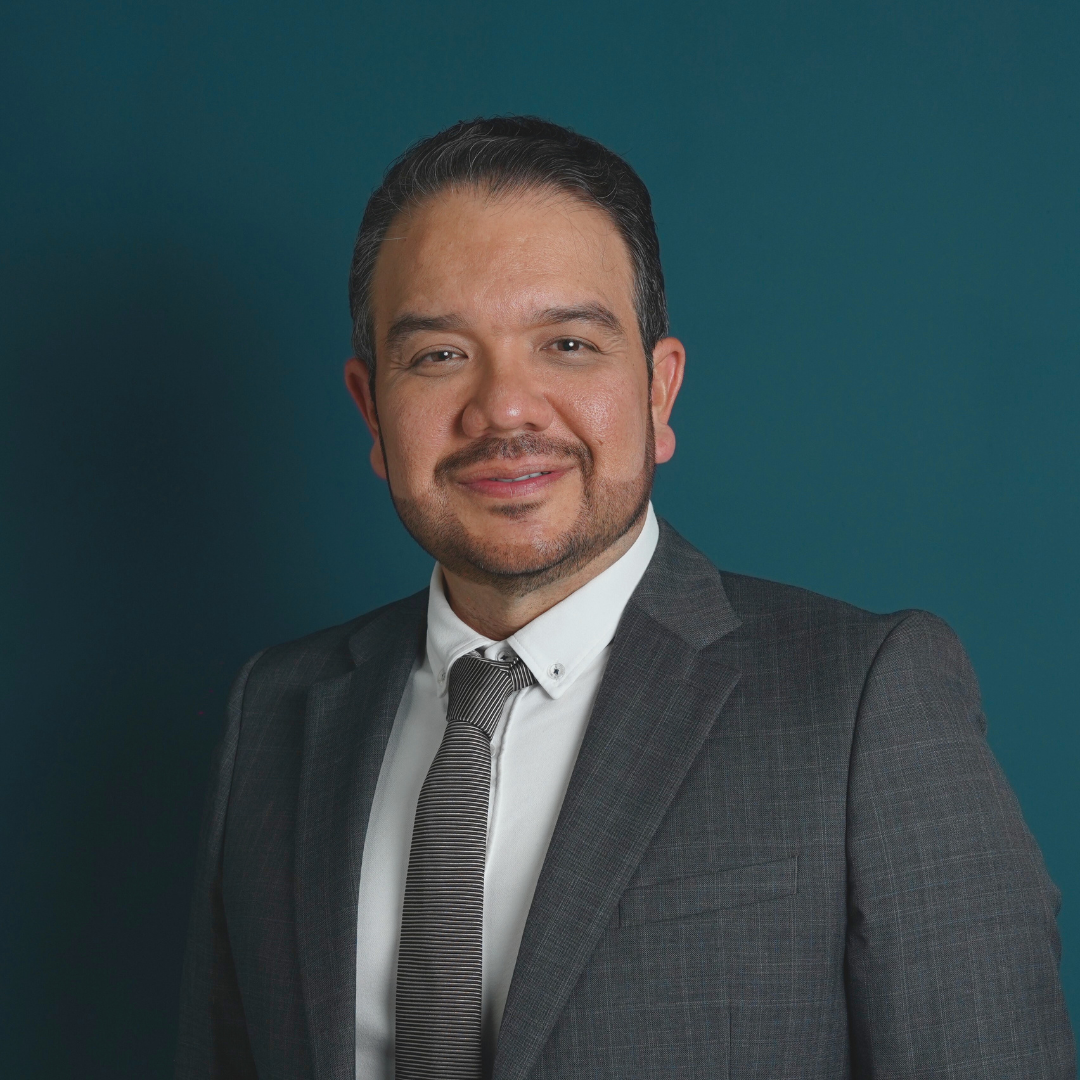
Dr. Hebert Enrique Quintero Fajardo
Dr. Hebert Enrique Quintero Fajardo
Dr. Hebert Enrique Quintero – Endometriosis Specialist
Summary: Dr. Hebert Enrique Quintero is a dedicated endometriosis specialist based in Barranquilla, Colombia. Doctor Hebert Enrique Quintero follows the epigenetic theory in his approach, focusing on how genetic and environmental factors influence the disease. He specializes in excision surgery to remove endometriosis lesions thoroughly, aiming for long-term relief. Medication like Dienogest is used continuously to manage symptoms in cases of superficial, ovarian, or deep endometriosis, with symptom reassessment after 12 weeks. Doctor Hebert Enrique Quintero takes a holistic, multidisciplinary approach to persistent pain, addressing physical, nutritional, hormonal, and emotional factors. He carefully evaluates pain centralization and possible disease recurrence by reviewing surgical footage to ensure complete excision. His patient-centered care emphasizes thorough follow-up and individualized treatment plans to support recovery and quality of life.
City: Barranquilla, Colombia
Philosophy of Endometriosis Care: The epigenetic theory
What type of surgery do you perform for endometriosis: Excision
Medication: Dienogest is used continuously in patients with superficial, ovarian, or deep endometriosis, with a reassessment of symptoms 12 weeks after starting treatment. Depending on the identification of other pain generators, additional medications may be incorporated, such as neuromodulators, muscle relaxants, antidepressants, and others.
Approach to Persistent Pain After Surgery: Given that patients with endometriosis experience multiple sources of pain, I conduct a thorough reassessment using a comprehensive, multi- and interdisciplinary approach. This approach addresses physical, nutritional, hormonal, and emotional aspects. Additionally, we evaluate pain centralization, assess potential recurrences, and review the recorded surgical footage to verify the complete excision of the affected tissue.

Dr. Andre Saute
Dr. Andre Saute, Endometriosis Specialist
City: Porto Alegre, Brazil
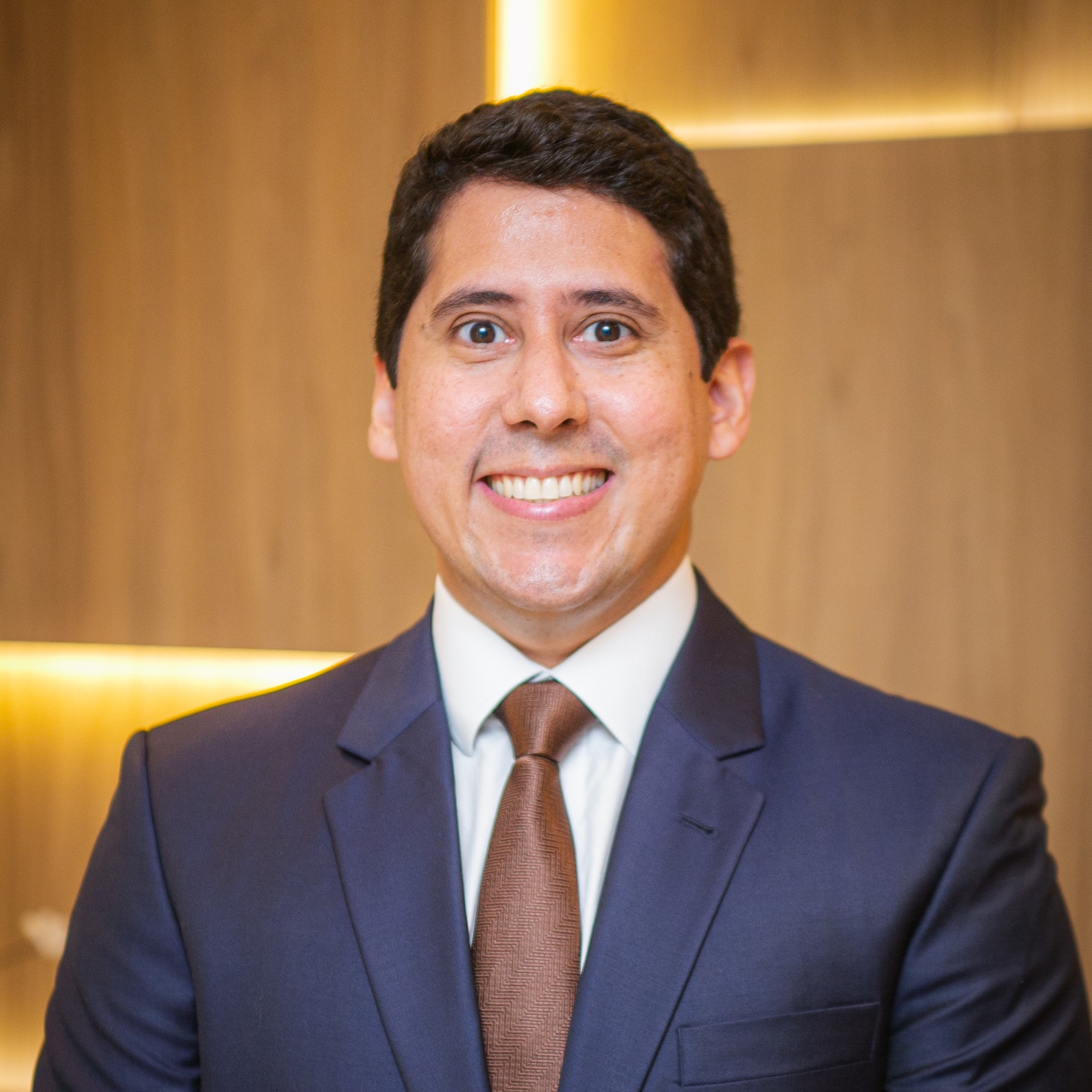
Dr. Alexandre Amaral
Dr. Alexandre Amaral, Endometriosis Specialist
City: São Paulo, Brazil
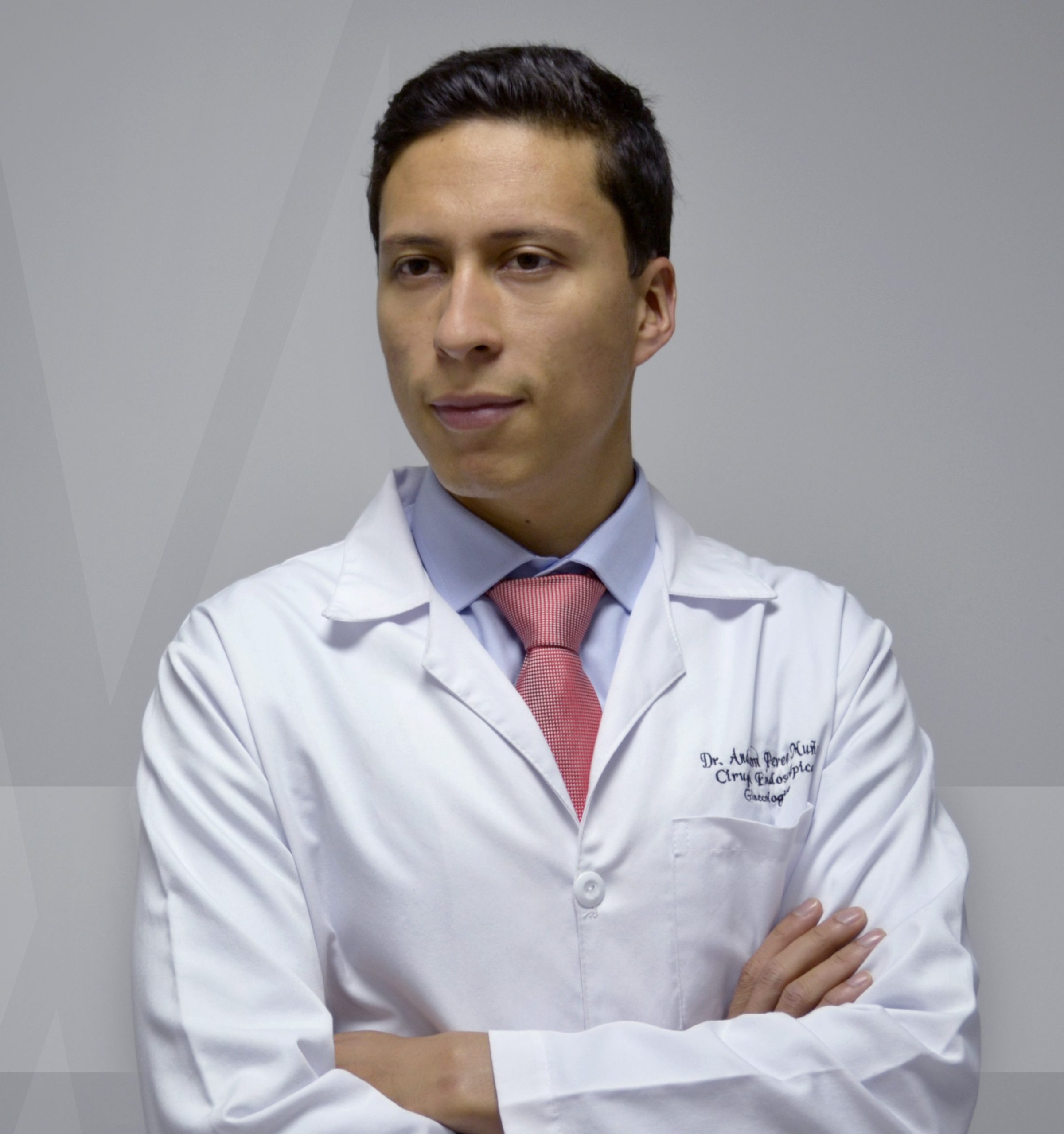
Dr. Anderson Pérez Muñoz
Dr. Anderson Pérez Muñoz, Endometriosis Specialist
City: Ibagué, Colombia
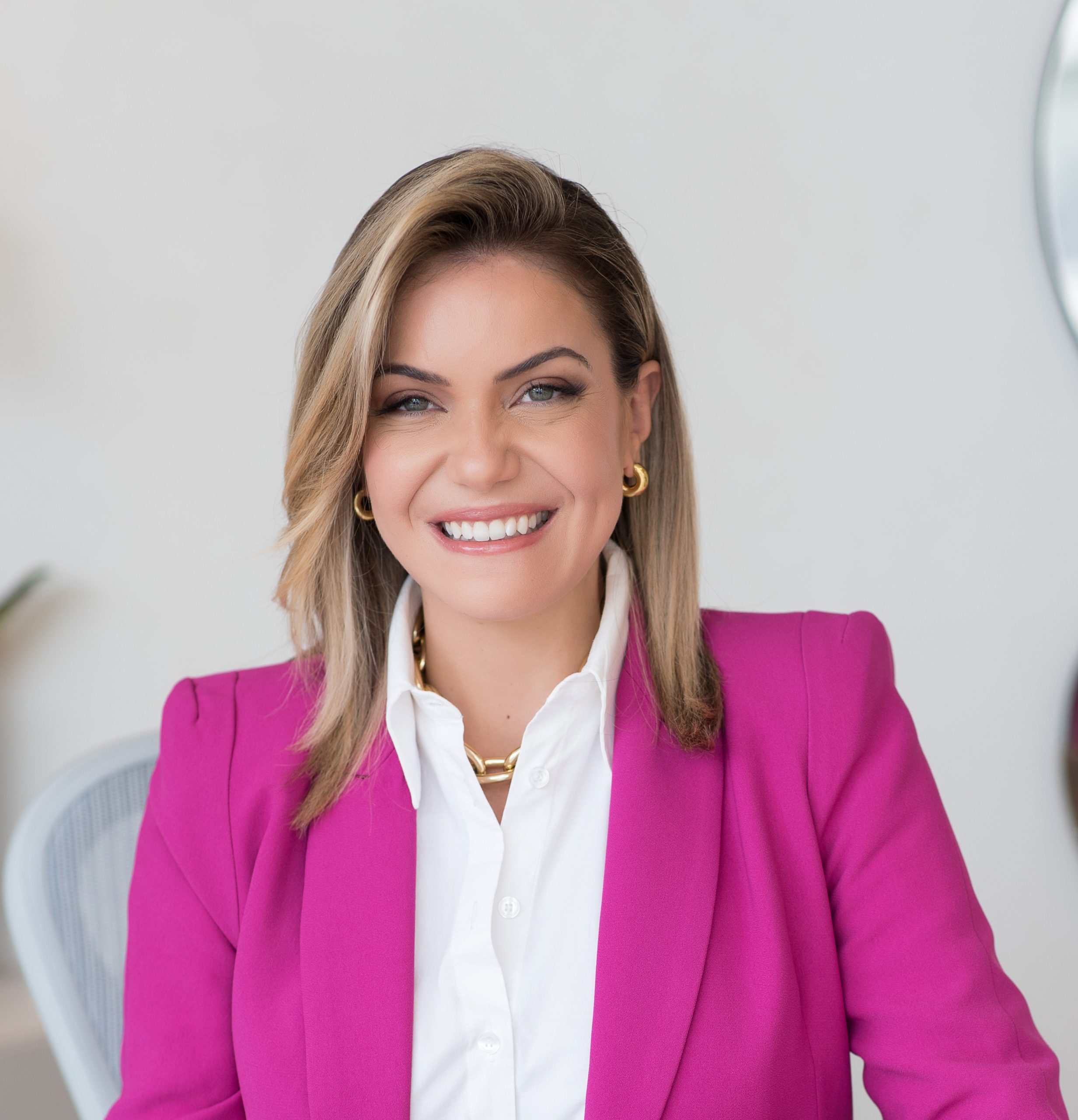
Dr. Raquel Reis Magalhães
Dr. Raquel Reis Magalhães, Endometriosis Specialist
City: São Paulo, Brazil
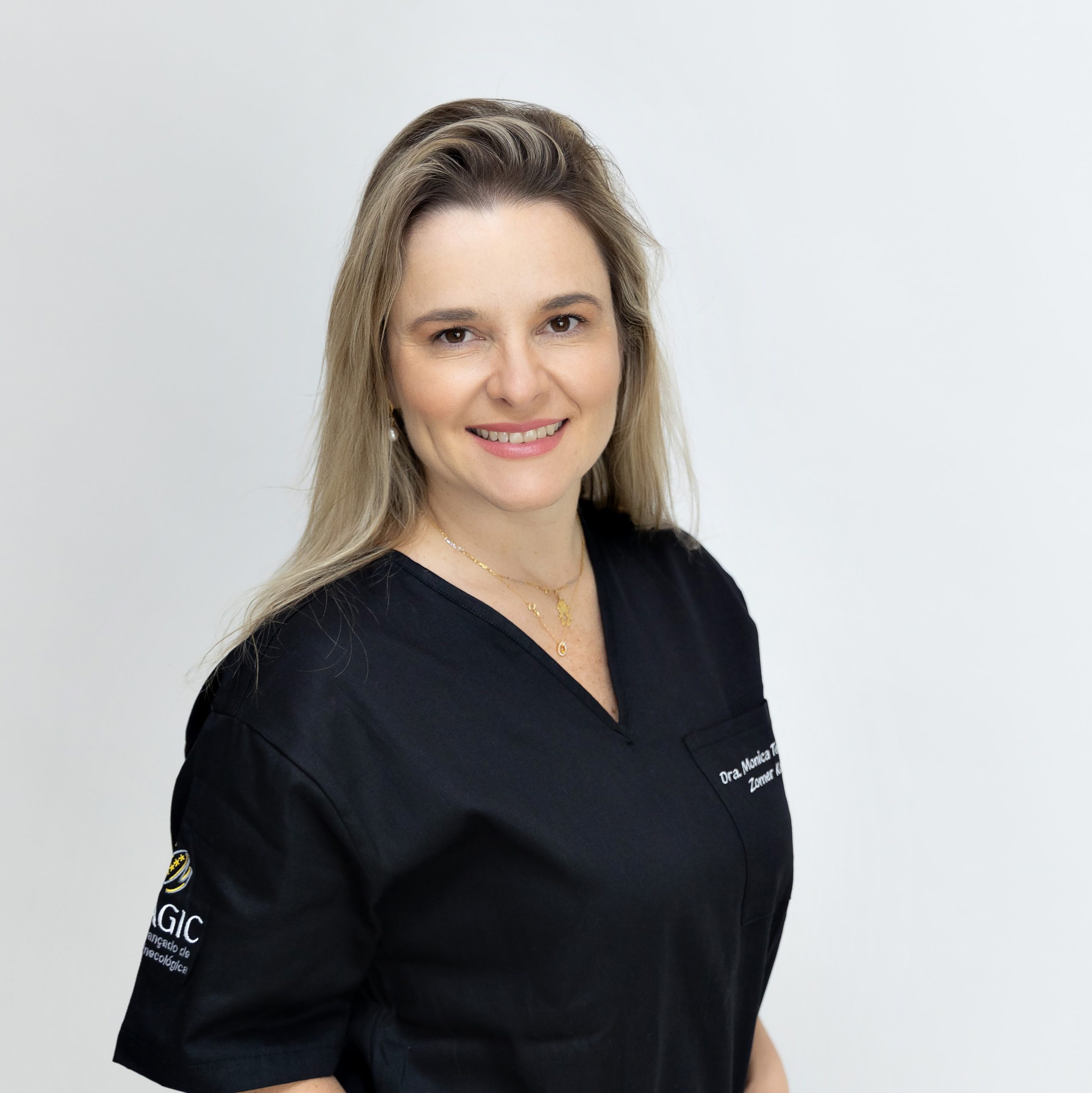
Dr. Monica Zomer Kondo
Dr. Monica Zomer Kondo, Endometriosis Specialist
City: Curitiba, Paraná, Brazil

Dr. Mariana Vieira
Dr. Mariana Vieira, Endometriosis Specialist
City: São Paulo, Brazil
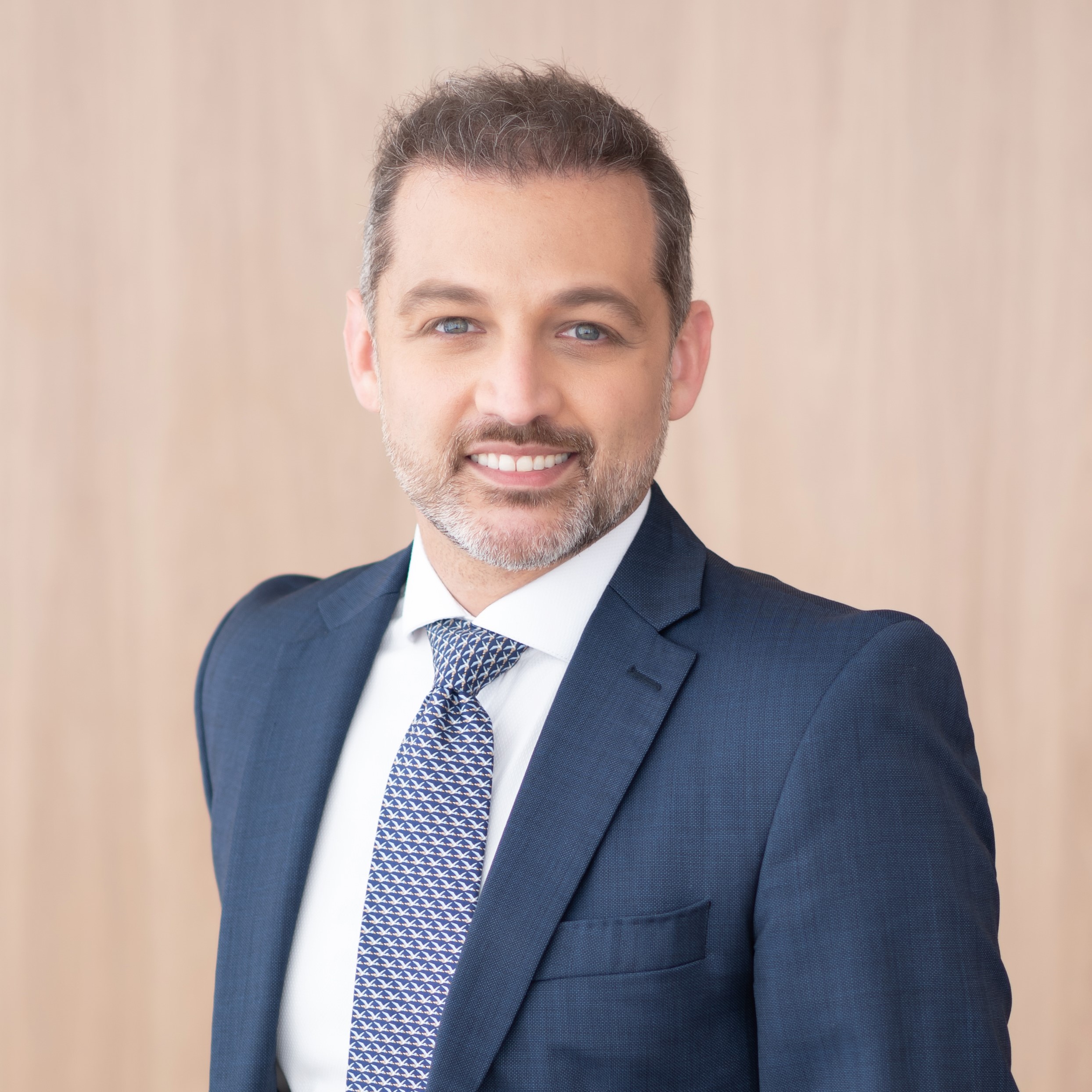
Dr. Rodrigo Fernandes
Dr. Rodrigo Fernandes, Endometriosis Specialist
City: São Paulo, Brazil

